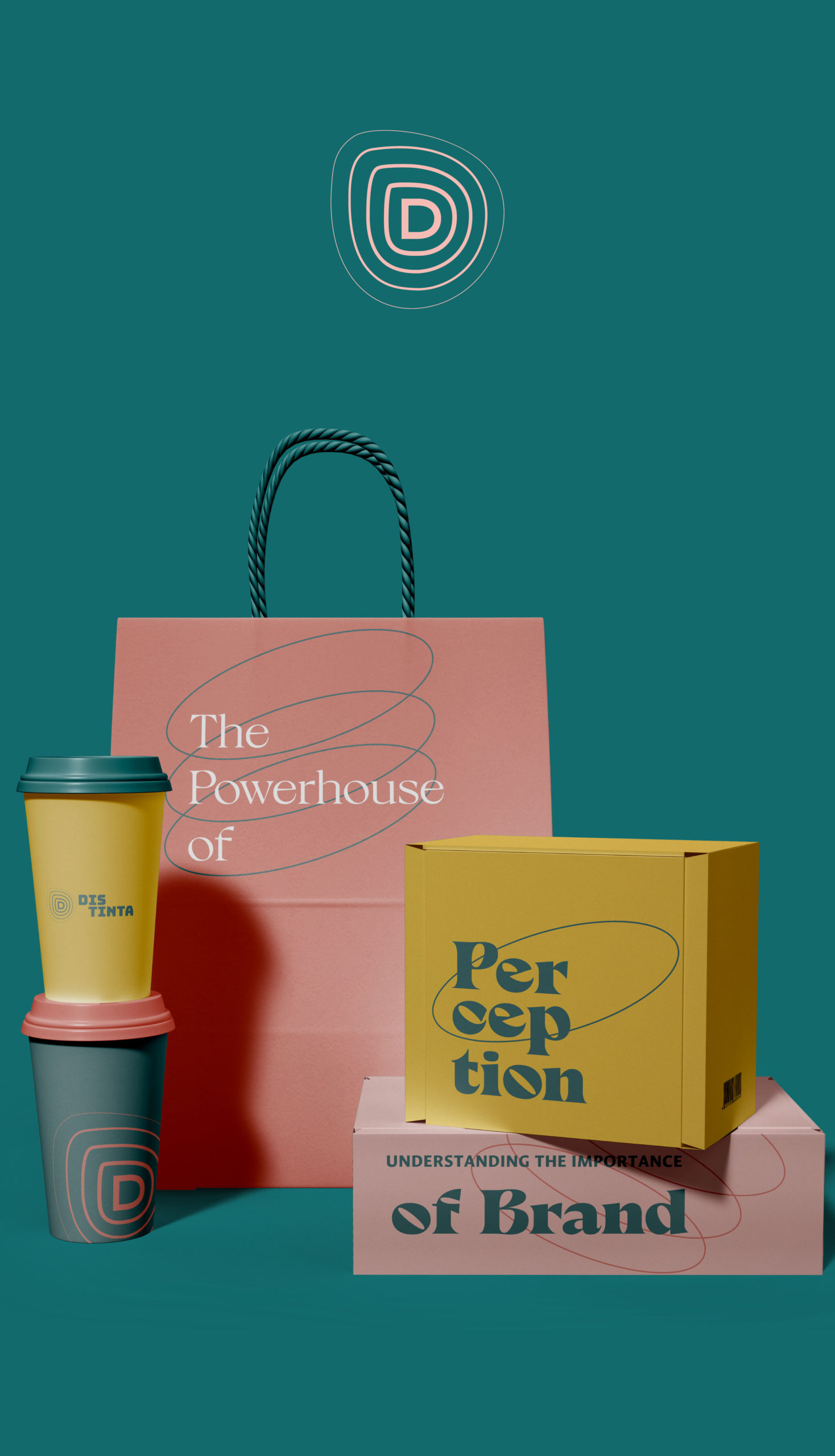FEATURED STORIES
The Powerhouse of Perception: Understanding the Importance of Brand
In a world inundated with choices and endless possibilities, the role of a brand is nothing short of paramount. Beyond a mere logo or a catchy tagline, a brand is the essence that defines a company, a product, or even an individual. It’s the sum of experiences, emotions, and perceptions that shape our decisions and loyalty. In this blog, we delve into the captivating world of branding and explore why it holds such a significant place in our lives.

Defining Brand: Beyond the Surface
A brand is not just a logo or a name; it’s an intangible asset that resides in the hearts and minds of consumers. It encompasses every touchpoint a customer has with a product or service, from the initial interaction to the long-term relationship. Think of brands like Apple, Nike, or Coca-Cola–they evoke emotions, memories, and associations that transcend the products they offer.

1. Recognition and Differentiation
In a crowded marketplace, a strong brand serves as a beacon of recognition. It’s the reason why you can spot a Starbucks from a mile away or identify a can of Pepsi amidst a sea of beverages. A well-crafted brand sets you apart from the competition, allowing consumers to make informed decisions in seconds. It’s the first step in building a relationship with your audience.

2. Trust and Credibility
Trust is the currency of business, and a brand is a vessel through which trust flows. A consistent andreliable brand promises a certain level of quality, instilling confidence in consumers. When you buy aproduct from a brand you trust, you’re confident that it will meet or exceed your expectations. Trustleads to customer loyalty, repeat business, and positive word-of-mouth marketing.
3. Emotional Connection
Brands are masters at eliciting emotions. They have the power to make us feel nostalgic, inspired, oreven empowered. Consider how a simple swoosh symbol can make you feel ready to conquer challenges(thanks, Nike).
This emotional connection is what turns customers into advocates. When customers resonate with your brand on a personal level, they become more than buyers–they become brand ambassadors.

4. Consistency and Reliability
Consistency is the backbone of any successful brand. A consistent brand experience–be it through visuals, messaging, or customer service–establishes a sense of reliability. When consumers know what to expect from your brand, they’re more likely to choose you over competitors who might seem unpredictable or unreliable.
5. Perceived Value
Brands can elevate the perceived value of a product or service. A brand name can turn a regular commodity into a coveted luxury item. Think about the price difference between a generic pair of shoes and a pair of branded sneakers. Consumers are often willing to pay more for a brand they believe represents quality, status, or lifestyle.

6. Longevity and Adaptability
Brands can evolve with the times while maintaining their core identity.
Consider how technology companies like IBM and Microsoft have transitioned over the years.
A strong brand can weather industry shifts, market trends, and changes in consumer behavior. It’s an investment in long-term success.
Closing Thoughts
In a world where options are abundant, and attention spans are fleeting, a we ll – crafted brand serves as an anchor. It’s the touchpoint that makes us feel connected, understood, and valued.
Whether you’re a business striving for success or an individual building a personal brand, remember that the importance of a brand transcends ae sthetics – it’s about the emotions, perceptions, and connections it fosters. So, the next time you see a swoosh, an apple with a bite taken out of it, or the golden arches, remember that you’re not just looking at a logo – you’re looking at a world of mean ing and possibility.

